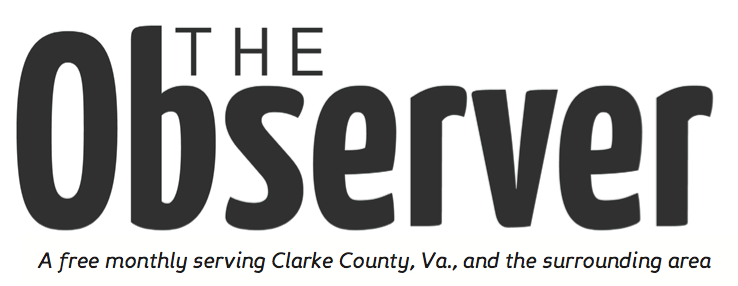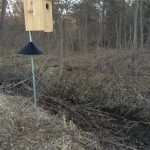So You Want To Buy A Second House?
By Wendy Gooditis
Every time my husband and I go somewhere nice, we fantasize about buying a house there as a getaway. Our vacation-home fantasies have taken the form of weathered-gray, old-fashioned beach houses, ginger-bready Victorian cottages on a lake or river, sleek little condos near ski resorts — just to name a few.
But then we come home and get back to our everyday lives, and maybe start to think about finances and investments, and start to talk about buying a residential property locally as an investment, to rent out and resell some day. We know there are people out there who have retired very comfortably on income from multiple rental properties.
And then I go to my office and start looking at the day’s new listings, and with every fixer-upper that crosses my screen, I contemplate buying it to fix it up and sell it, as I have done before. All of these second-home purchases have an up-side and a down-side. Some people are suited to these purchases financially and emotionally, while others are not.
First of all, when considering a second house as a vacation house, it is important to be clear about finances. If you want to own the beach house without renting it out, you should understand that many banks require a down payment of up to 30 percent, that the interest on the mortgage may or may not be deductible (depending on the amount of mortgage debt you hold between the two houses), and that you have now doubled your upkeep costs — plus have added the cost of paying someone to do routine maintenance (basic landscaping or repairs) because you’re probably too far away to do it yourself.
If you decide you must rent it out in order to afford it, understand that banks still want to make sure you have a large cushion in case of a lack of renters or major needed repairs. If it is going to be officially rented out as much as possible, you can only use it yourself for up to 14 days. (There is a small window of opportunity for a bit more time in paradise, however, because technically if you’re there doing “maintenance,” that doesn’t count in the 14 days. Shhh…)
The taxes are much too complicated to go into here, but the rental method certainly makes the vacation place affordable for lots of buyers. Some of these buyers plan to retire to that second home, which can make the whole thing pretty practical in terms of what it does or does not do to your capital gains tax situation. Ask an accountant about these aspects of vacation-home ownership.
Next on the list is the question of owning rentals. Depending on your nature, your finances, your choice of property and location, and your luck, this could be the best or the worst idea you’ve ever had! One of our clients always has five tenants, and she absolutely loves being a landlord. Is she just lucky with her tenants, or is it just because she’s incredibly smart and good at being a landlord? You got me. I know she’s smart, but so is another friend of mine who has been much less fortunate, and can’t seem to get a good tenant in his very nice rental house in Winchester.
In the long run, owning good rental properties seems to be a good thing financially. But you have to take it seriously as a sort of part-time job, and decide if you have room in your life to deal with the issues as they arise. A great long-term tenant is wonderful, but a tenant who trashes your house, doesn’t pay, and then costs you money to evict is a huge stress, obviously. If you have bought a good property in a good location, its value may go up as it earns a small income for you each year. Again, talk to your accountant about what goes on with the taxes in this scenario: Between depreciation of the house’s cost, your income bracket, and hopeful rising of property value, the tax game can really work in your favor here over time.
And finally — my personal favorite — is the flip. As attractive as this idea is, it should not be entered into lightly, nor without PLENTY of money to go on with, plus more to fill in the gaps, and a final stash to get you over the time hump. And if you are not able to do a lot of the work yourself, you had better have a really fantastic and ultra-reasonably priced contractor who will commit virtually 100 percent of her/his time to your project to turn it over fast (carrying the costs month-to-month are a huge part of the risk in flipping).
It is possible still to buy a run-down house cheaply enough in a nice enough area that it is worth the money, time, and labor financially to fix it up for a quick resale. But so many people have figured this all out that good prospects are fewer in this area than you might think. And when one does get listed, the house price is often higher than makes sense to flip a house and then sell a few months later, subtracting real estate commissions and closing costs from the profits.
Hopefully you have gathered that the purchase of a second house for any of these purposes can be a great thing for you, but requires lots of research, commitment, and, of course, financial ability. In your research, get up-to-date information from the professionals: an accountant, a lawyer, a mortgage banker, and of course, a real estate agent.
Wendy Gooditis is a real estate agent on the Chip Schutte Real Estate Team with ReMax Roots at 101 East Main St., Berryville, VA 22611, phone (540)955-0911. Wendy would be happy to answer any questions you may have about real estate, and can be reached at gooditis@visuallink.com or at (540)533-0840.










